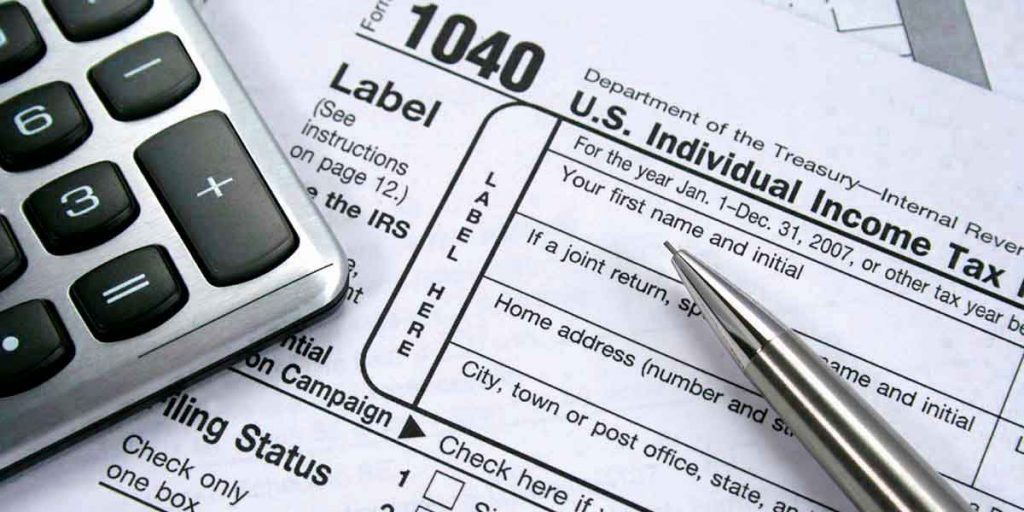Estate planning can help facilitate the transition of wealth from you down to your loved ones. Also, with the right estate plan in place, your loved ones should receive a substantial part of your assets post-tax.
You see, it is common for taxes to be paid on properties or cash received from a deceased. If you get your estate plan right, you won’t have to pay much of this tax. However, if you fail to plan your estate while regarding estate taxes, your family will end up paying huge amount of money in inheritance taxes, especially if you have a big estate.
If you don’t have an estate plan, there is little that can be done; your family will likely pay a lot in estate taxes.
Before we take a look at how estate planning is the best tool to save inheritance tax, let’s understand what inheritance tax is first.
What is Inheritance Tax?
Honestly, estate planning is not one of those fun plans you make, like planning for a trip to the Bahamas, Dubai, or France. Estate planning may not be fun, but failure to do can make life difficult for you and those your care about.
Before we digress from the main topic, what is an inheritance tax?
An inheritance tax is basically a state tax paid by individuals who receive money or properties from the estate of a decedent. Now, it is important you don’t view an inheritance task as the normal federal tax. Inheritance taxes differ from the normal federal tax you know.
Who Pays an Inheritance Tax?
Inheritance tax is not paid by the deceased (as he or she is dead) neither is it paid from the estate of the deceased. Rather, this tax is paid by the beneficiaries of the deceased’s estate. It is important you note that, as at the year 2020, only six states in the US impose an inheritance tax. Also not all beneficiaries are charged with paying this tax.
How Does This Tax Works?
Inheritance tax works in a way different from the typical federal tax levied on your annual earning. As soon as the estate executor has done all the necessary calculations and distributions, the inheritance tax is then brought forward. And like I said, this tax is not charged on the estate of the deceased as a whole; rather it is levied on the money or properties each beneficiary get.
So after each beneficiary must have received his or her portion of the deceased estate, the inheritance tax is calculated and each beneficiary must ensure that the tax is remitted.
Each state has its inheritance tax law or policy. For instance, a state may insist that an inheritance tax of 10% be paid on all inheritance that exceeds $5 million. So if a deceased gave his brother $10 million from his estate, the brother is required to pay an inheritance tax of $1million. You will also have to state this information on a form knows as the inheritance form.
States that Charge Inheritance Tax
Below is a list of some of the states that insist on the payment of inheritance tax:
- Pennsylvania
- Nebraska
- Maryland
- Iowa
- Kentucky
- New Jersey
State inheritance tax laws are dynamic so ensure you do the necessary research before paying your inheritance tax. Inheritance tax can be as low as 1% and as high as 20%.
How to Save Inheritance Tax With Estate Planning?
Estate planning is the best way to avoid inheritance tax. With a good estate plan you can also reduce your inheritance tax. Let’s look at some of the best ways to pull this off.
Create a Trust:
A trust is a very important component of estate planning. With a trust you can escape probate and avoid paying huge estate taxes. Assets placed in a trust will not be included as part of your estate, thus, no inheritance tax will be paid on them. Contact an estate planning attorney to learn more.
Give to Charity:
As shocking as this seems, it is absolutely true. One of the best ways to reduce/ avoid paying inheritance tax is by giving to charity. If you leave a portion of your asset to charity (about 10 percent), the inheritance tax rate on the leftover asset will be reduced. Also, the assets left to charity will be free from this tax.
Below are other ways to save inheritance tax via estate planning:
- Give out gifts from excess income
- Take out live insurance
- Keep below the insurance tax threshold









